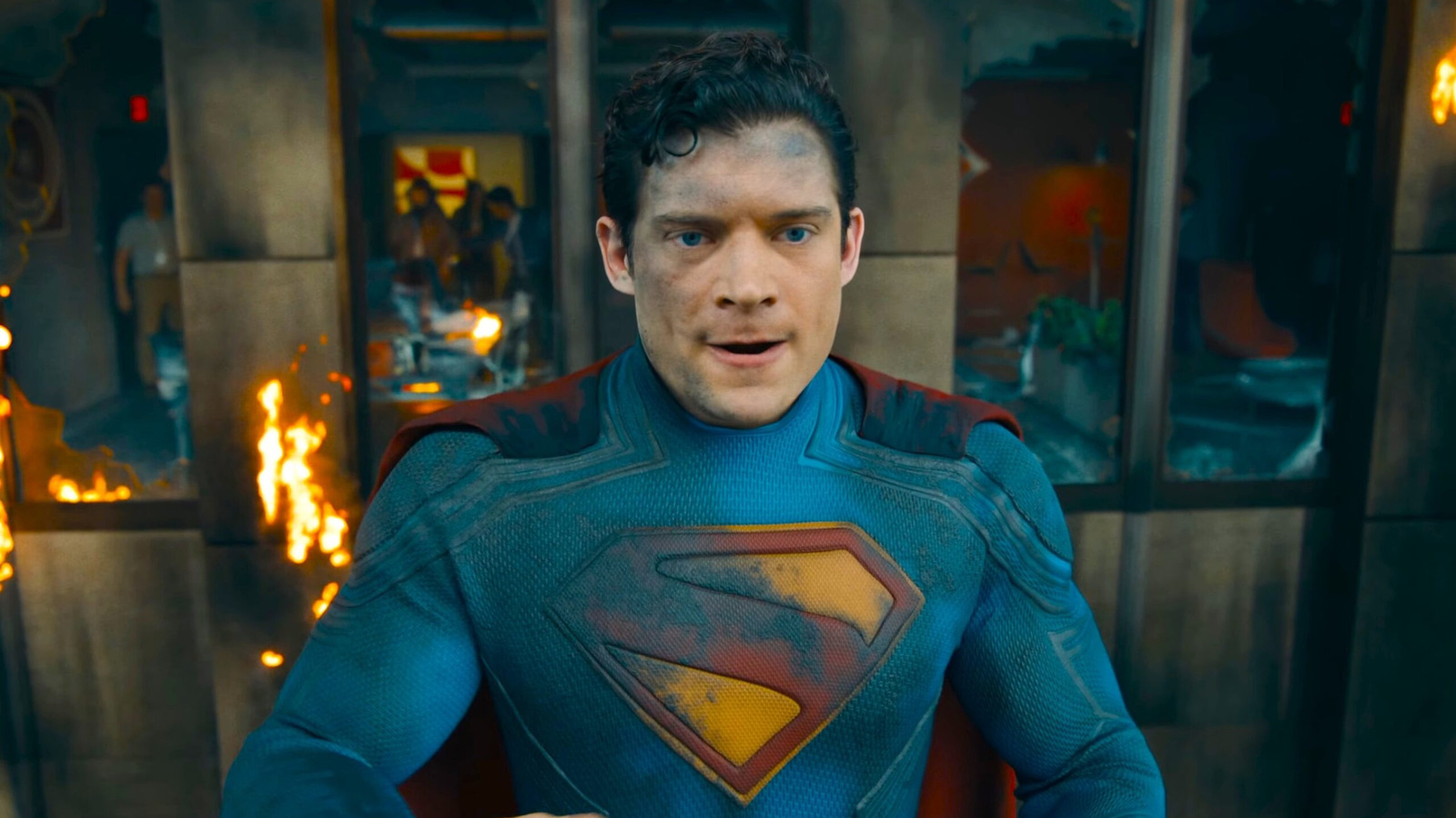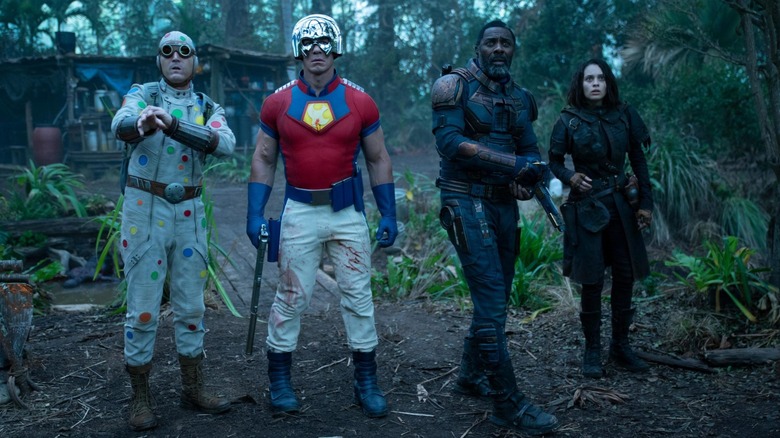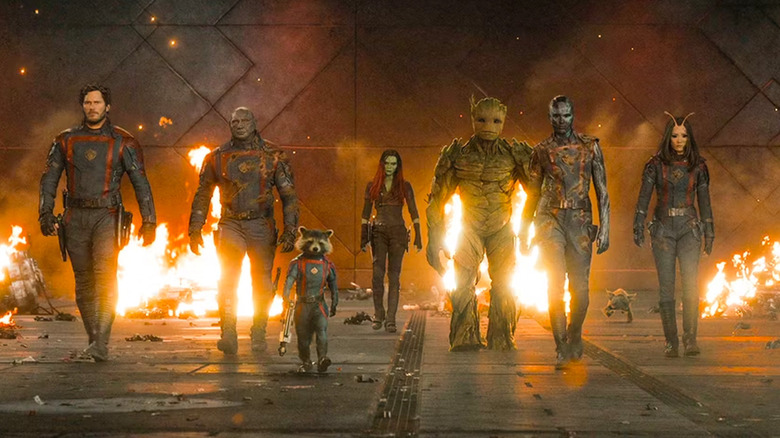The COVID-19 pandemic, of course, took a heavy toll on movie theaters; per a report by the Cinema Foundation (via The Hollywood Reporter), the number of active screens in the United States shrunk from 41,172 in 2019 to 39,007 in 2022. That number has bounced back slightly in the years since then, though, while worldwide ticket sales have also been slowly increasing. At the same time, we’ve yet to see annual box office receipts come near to matching the massive glut of 2019 in the pandemic era. That year saw $11.23 billion in ticket sales at the domestic box office. 2020, thanks to COVID-19, only saw $2.02 billion in ticket sales stateside, with that number ticking back up to $8.96 billion in 2023 before it dropped off a bit in 2024 to $8.62 billion.
These numbers, however, only add to a general (bleak) milieu wherein feature films, as a cultural force, seem to be on the wane. People, it seems, simply don’t watch movies as much anymore (at least not in theaters), while kids aren’t obsessed with scripted TV shows or feature films the way they were just a generation ago. (Anecdotally speaking: The 10-year-olds I know don’t really watch movies.) We cinephiles hold out for major hits — and they do pop up frequently — but many of us can see that the once unshakeable cinematic monoculture of the late 20th century has long since been shaken.
This brings us to James Gunn, the director of several notable superhero flicks and a filmmaker who is currently in charge of rebooting DC Comics’ shared universe of characters in film and TV, with Gunn’s upcoming “Superman” serving as the first movie in his and Peter Safran’s new DC Universe. Gunn, having seen his share of both hits (his “Guardians of the Galaxy” films) and flops (his “The Suicide Squad,” though that was largely due to the pandemic), agrees that movie theaters are shrinking as a popular venue for film consumption — and he has a very palpable reason as to why that might be.



